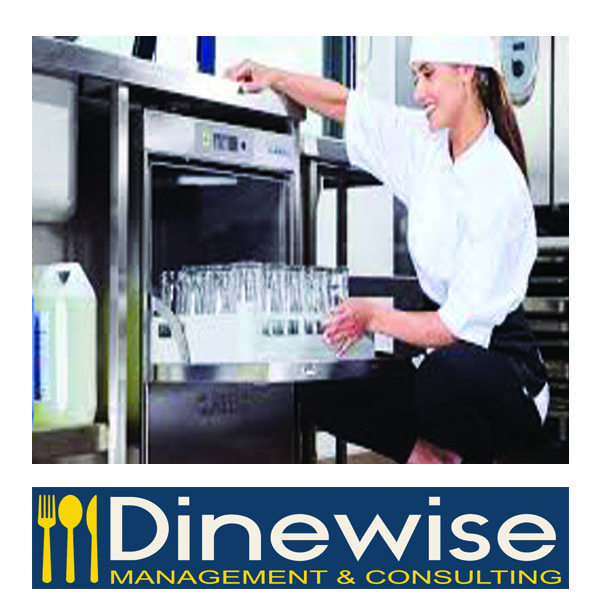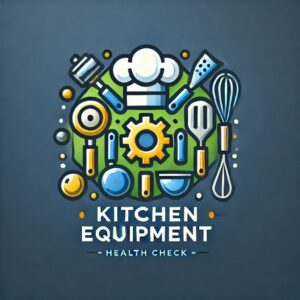“Key Regulations and Best Practices for Glass Washing"
Part of adhering to HACCP (Hazard Analysis Critical Control Point) principles and ensuring compliance with food safety standards, specific regulations and guidelines dictate the proper washing and handling of glassware in establishments that serve food and beverages. These standards are crucial to prevent cross-contamination and ensure consumer safety.
General Food Hygiene Regulations:
European Union (Hygiene of Foodstuffs) Regulations 2020: These regulations mandate that all food business operators in Ireland must ensure that all aspects of their operation prevent contamination. This includes the cleaning and sanitation of eating and drinking utensils.
HACCP Principles: Under HACCP, the washing of glassware should be identified as a critical control point if it poses a significant risk. Businesses need to implement effective control measures, monitor these measures regularly, and maintain records.
Manual Washing:
- If washing by hand, the process should ideally include a three-sink system:
- The first sink with hot water and detergent to clean.
- The second sink with clean hot water to rinse off the detergent.
- The third sink with a sanitizing solution to reduce microbial contamination to safe levels.
Machine Washing: Commercial dishwashers should be used where possible, as they can consistently provide high temperatures and proper sanitizing chemicals to ensure effective sanitation. Glasses should be washed at a minimum temperature of 60°C for washing and 82°C for rinsing, or according to the manufacturer’s guidelines to ensure effective sanitation.
Drying and Storage: Glasses should be air-dried on a clean, sanitized surface to prevent contamination from towels. Once dry, glasses should be stored in a manner that protects them from dust and contamination.
Regular Maintenance and Calibration: Dishwashers and other mechanical washing equipment should be regularly maintained and checked to ensure they operate at the correct temperatures and with the correct concentrations of cleaning and sanitizing chemicals.
Training and Awareness: Staff should be trained on proper glass washing techniques, the importance of maintaining hygiene standards, and the potential risks associated with improper practices.
Documentation and Record-Keeping: As part of HACCP compliance, records of cleaning and sanitizing schedules, machine maintenance, and temperature checks should be maintained. This documentation helps in audits and proves compliance with food safety regulations.
Conclusion from DINEWISE:
Best practices are crucial as they go beyond minimum legal standards to further enhance food safety, improve quality, and reduce risks. Ideally, best practices should complement legal obligations, ensuring optimal safety and quality for consumers. DO NOT STACK GLASSES IN THE MACHINE
Train well and save time. Open the glass washer, remove the tray as soon as the rinse cycle finishes, AND A QUICK WIPE WITH A DEDICATED WHITE CLOTH will save hours of polishing afterwards.
“The Smiles That Keep Them Coming Back”
Winning Hearts, One Plate at a Time









